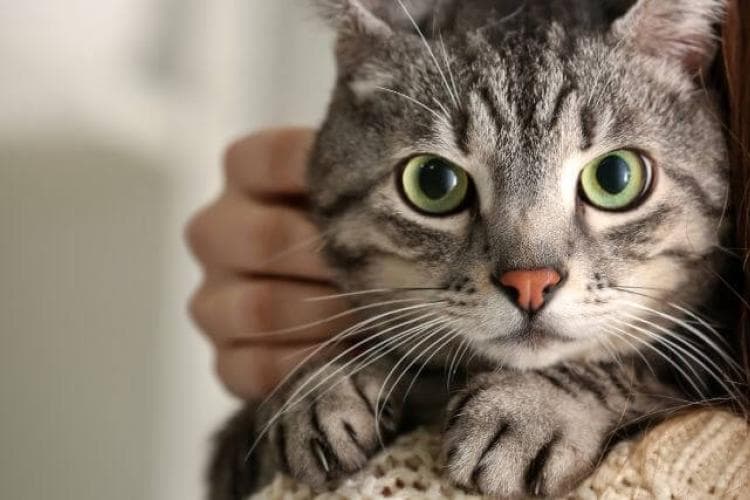Understanding Your Dog’s Nutritional Needs for Different Life Stages
From the playful puppy to the silvered-snouted senior, every dog has different needs that we need to pay close attent
How long does it take to get the results from dog lab tests? - Northern Oaks Bird & Animal Hospital
The time it takes to get the results back can vary. It depends on the type of tests we're running. Typically it's a few days, but it can take up to a week depending on which lab we send it to. If we send a DNA sample, that can take up to three weeks. So the time frame varies by the type of test and the lab we use. We appreciate your patience and will let you know as soon as we have the results.
How does my veterinarian decide which lab tests to order for my dog? - Northern Oaks Bird & Animal Hospital
The decision on which tests to run depends on the individual dog. For a healthy pet, we'll run a different set of tests than for a sick dog. The tests for a sick dog will be determined by the symptoms we're seeing and the specific needs to establish a diagnosis. Sometimes, the initial test results may lead us to more testing once we have a clearer picture of the direction we need to go. If we have a healthy pet and we run a test, our hope is to get all normal results. However, if that doesn't happen, then we realize we have something we need to treat.
What type of lab tests do veterinarians use? - Northern Oaks Bird & Animal Hospital
We run all the same tests that your human doctor runs. This includes cytologies, aspirates, blood tests, fecal exams, and urinalyses. All these tests help us put together a comprehensive picture that lets us diagnose your pet accurately and select the appropriate treatment.
What can blood tests help a veterinarian detect? - Northern Oaks Bird & Animal Hospital
Blood tests can help us detect a wide range of diseases such as diabetes, hypothyroidism, and Cushing's disease. These are conditions that we can't see from the outside. The lab tests assist us in confirming our suspicions and identify the correct treatment. They're a crucial part of the process in diagnosing and treating your pet correctly.
How does my veterinarian decide which lab tests to order for my cat? - Northern Oaks Bird & Animal Hospital
That's going to depend on what we're testing for. So if it's presurgical and an apparently healthy cat, we're going to do a chemistry, CBC, and a urinalysis. If we have a sick cat, the tests are going to be tailored based on what symptoms the cat is showing. If we have a new kitty, we're going to test for leukemia, AIDS, and a stool sample because we want to know if there are parasites or viral diseases that we can unmask.
What lab tests are the most accurate and why? - Northern Oaks Bird & Animal Hospital
Generally, a CBC is going to be excellent. Our chemistries are going to be very, very good and those have been refined to be as accurate as they are in humans.
How effective are lab tests in cats? - Northern Oaks Bird & Animal Hospital
Lab tests in cats are pretty darn effective. If there is a disease there that they can catch, it's going to show up. So just like a human, if we're testing for thyroid disease and we test that thyroid number, if it's off, we know it. If they have diabetes, we're going to know it. If they have kidney failure, we're going to see those markers.
Do blood tests detect cat cancer? - Northern Oaks Bird & Animal Hospital
There are markers that help lead us toward cancer, but there is no one blood test for cancer. It is an impossible question because people always want to know if their pet has cancer and there is no one test for that.


